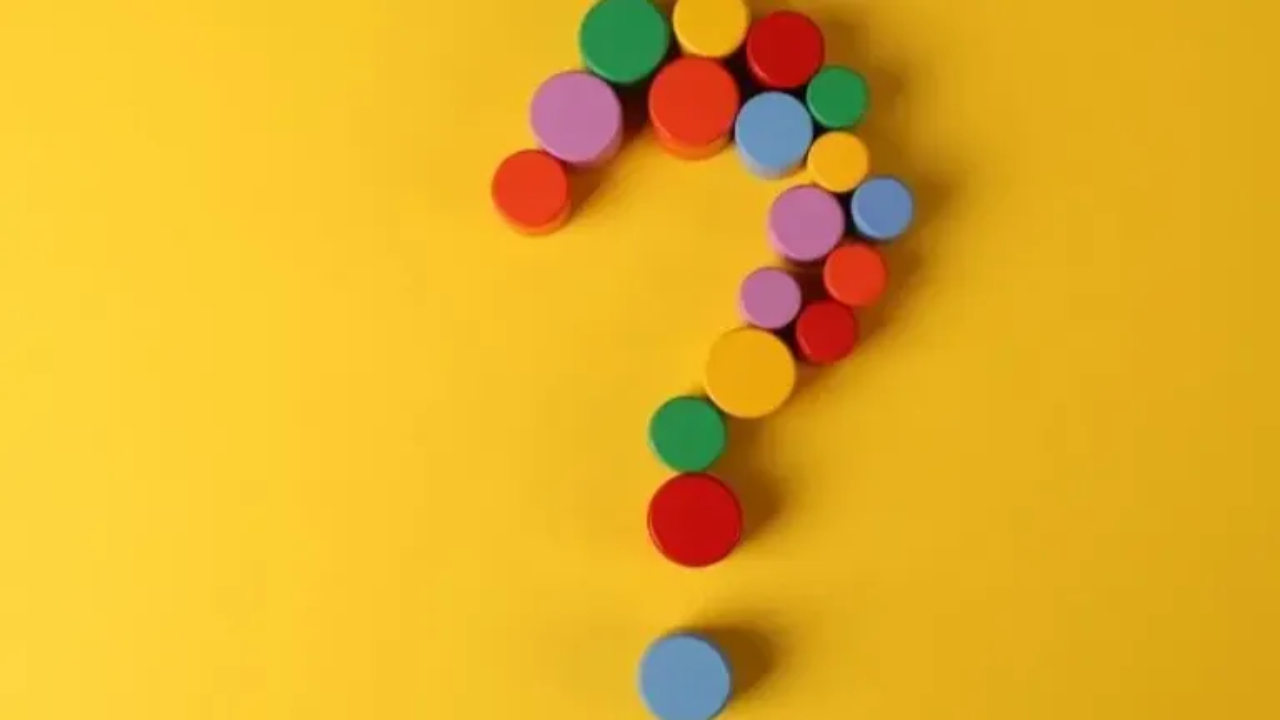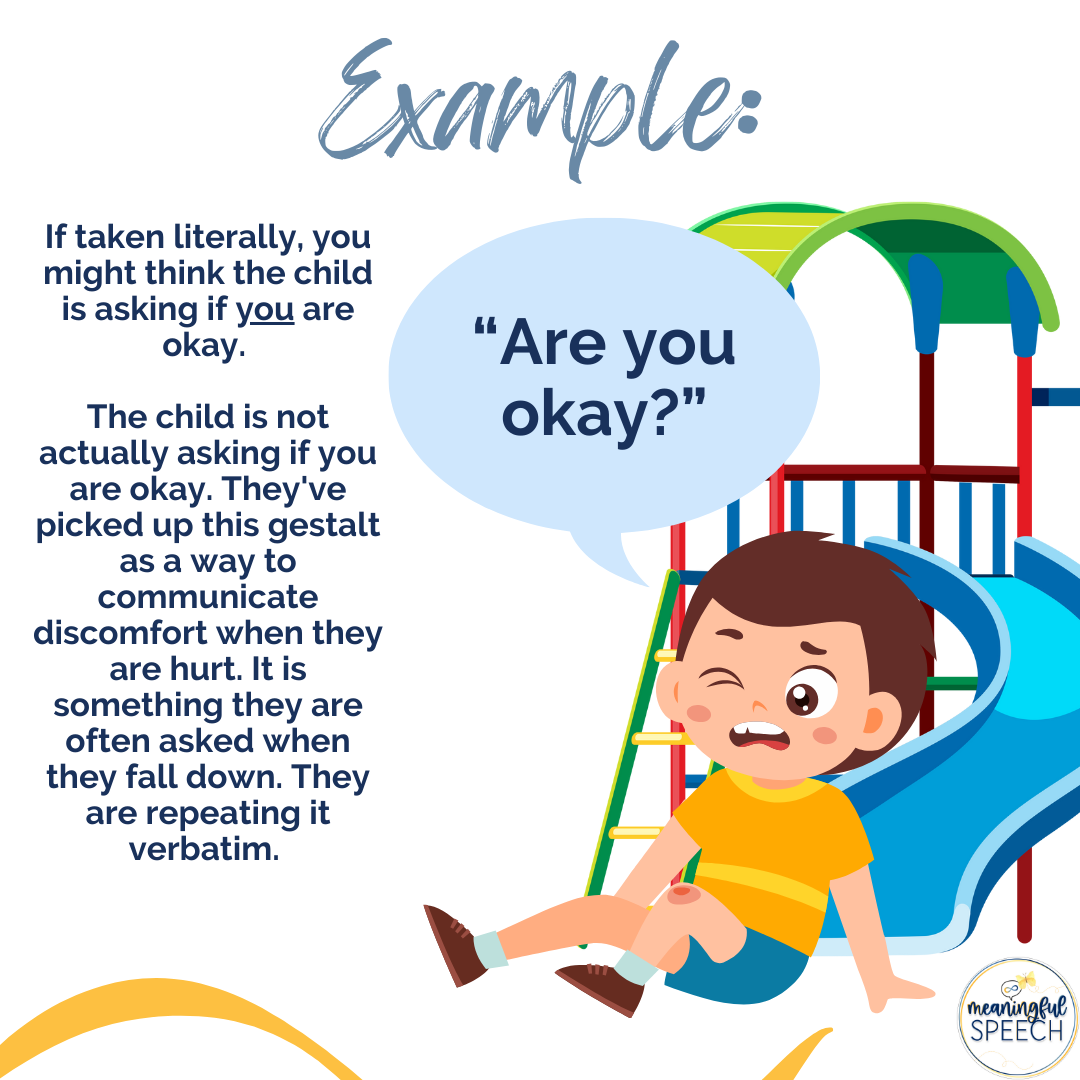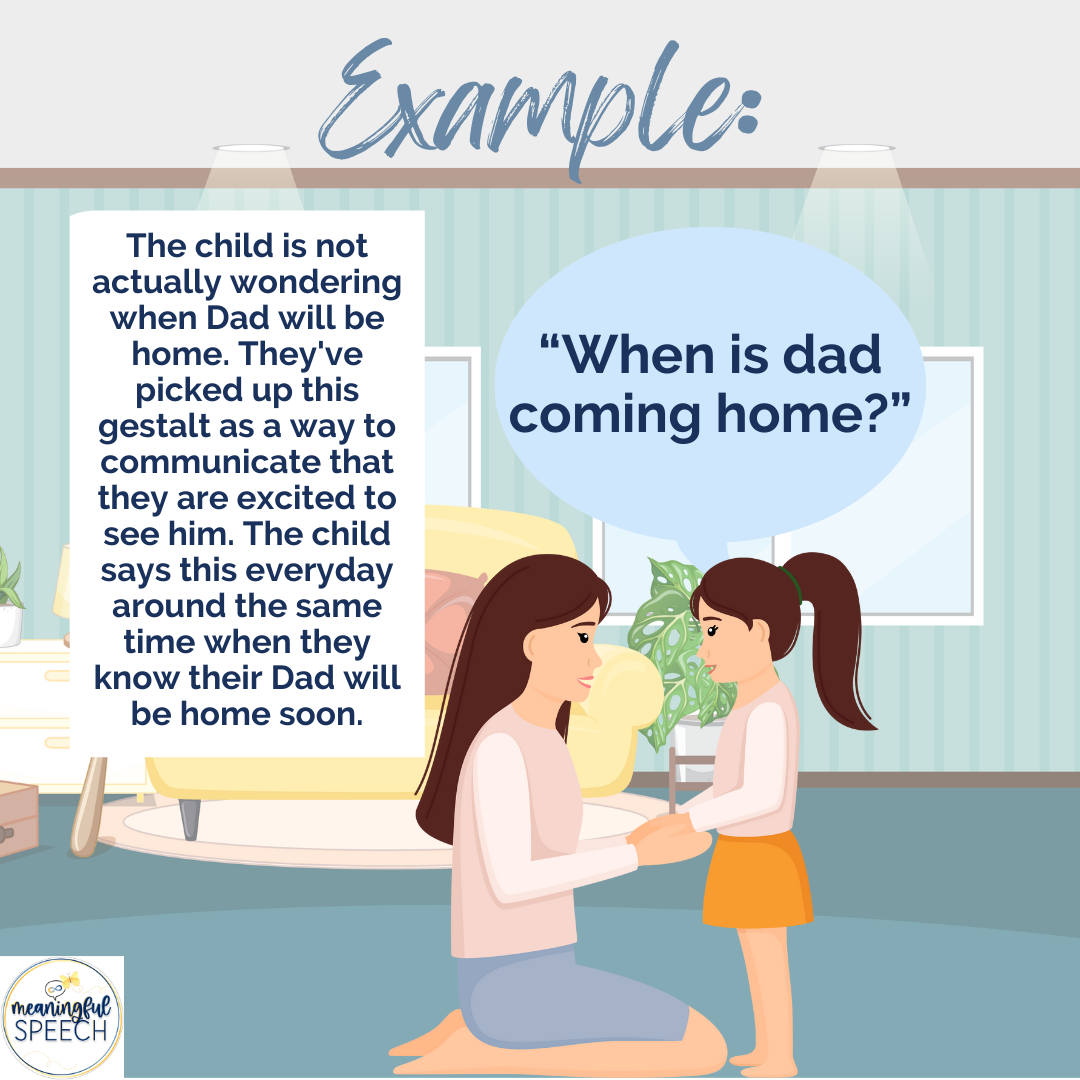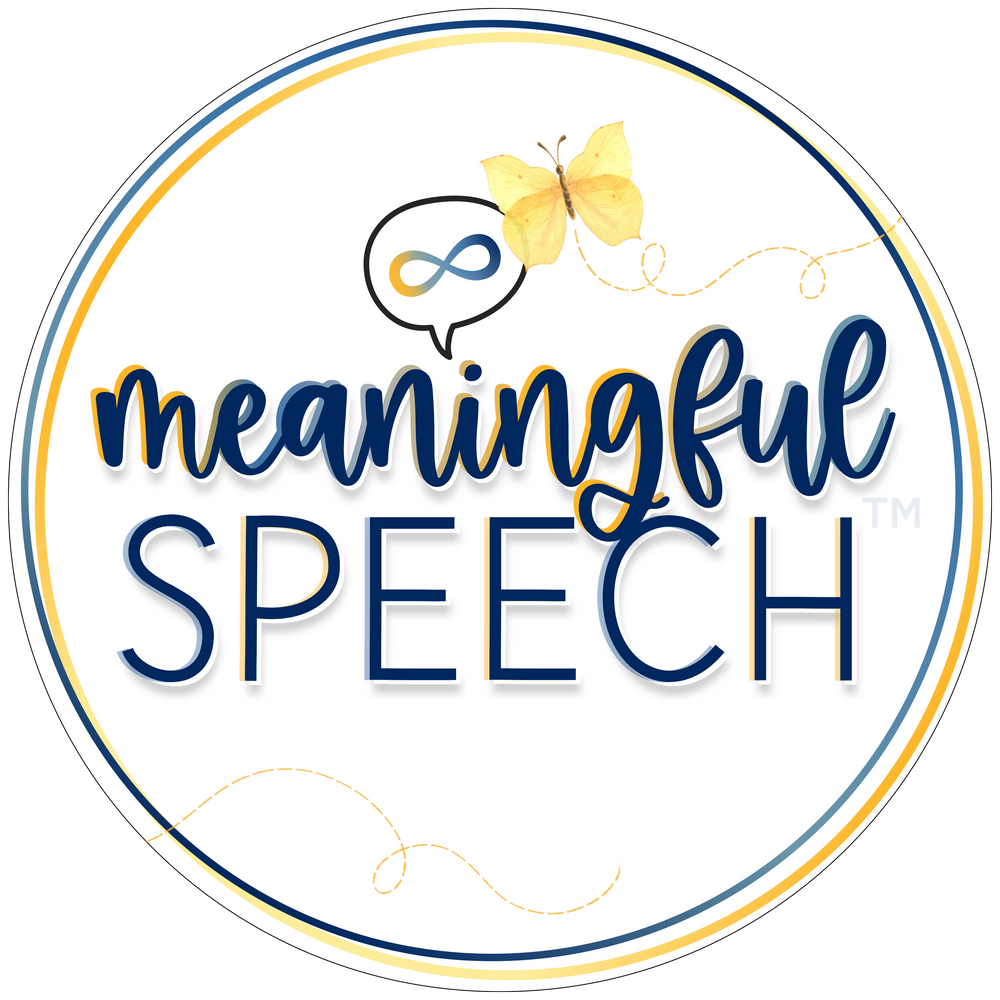Question gestalts: We shouldn’t take them literally!
Sep 06, 2023
Early stage gestalt language processors (Stages 1 & 2) are mainly communicating using language verbatim in Stage 1 (gestalts) or mitigating and trimming down gestalts (partial gestalts) in Stage 2. For this reason, their gestalts or partial gestalts are often not literal. They're using language from the context in which it was derived to communicate a message from that experience. This goes for questions too and it’s why we shouldn’t take questions literally when a gestalt language processor is in the early stages.
What might question gestalts look like? Let’s look at some examples.
 Example #1: A child falls down on the playground and scrapes their knee. They look at you and say “Are you okay?”. If taken literally, you might think the child is asking if you are okay. But, we shouldn’t take this question literally. Remember, they are using language verbatim (if in Stage 1), or a partial gestalt (Stage 2). The in this example is not actually asking if you are okay. They've picked up this gestalt as a way to communicate discomfort when they are hurt. It is something adults usually ask when a child falls down.
Example #1: A child falls down on the playground and scrapes their knee. They look at you and say “Are you okay?”. If taken literally, you might think the child is asking if you are okay. But, we shouldn’t take this question literally. Remember, they are using language verbatim (if in Stage 1), or a partial gestalt (Stage 2). The in this example is not actually asking if you are okay. They've picked up this gestalt as a way to communicate discomfort when they are hurt. It is something adults usually ask when a child falls down.
 Example #2: Everyday around the same time the child asks their mother “when is dad coming home?”. The mother wonders why she asks the same question every day when her Dad always gets home at the same time and she reassures her of this everyday. The child is not actually wondering when her Dad will be home. They know when he will be home. They’ve picked up this gestalt as a way to communicate that they are excited to see him. They say it around the same time everyday because they anticipate that it’s almost time for him to arrive home.
Example #2: Everyday around the same time the child asks their mother “when is dad coming home?”. The mother wonders why she asks the same question every day when her Dad always gets home at the same time and she reassures her of this everyday. The child is not actually wondering when her Dad will be home. They know when he will be home. They’ve picked up this gestalt as a way to communicate that they are excited to see him. They say it around the same time everyday because they anticipate that it’s almost time for him to arrive home.
Looking for more examples? Check out this Instagram post to find more.
How can I support an early stage gestalt language processor when they ask questions?
- Acknowledge all communication. Acknowledge their gestalts and accept them as communication. You can acknowledge them by smiling, nodding your head, repeating it back to them, or saying “yea” or “ok”. Do this even if you can’t understand the script or it’s been labeled as jargon.
- Don’t take the question literally. Remember, the question is likely not literal. They're using language either verbatim from the context in which it was derived to communicate a message from that experience.
- Try to eliminate questioning as much as possible as a form of connection and interaction. Try using declarative language instead. Comment, narrate, and pause. Most gestalt language processors aren't ready to answer questions reliably until they’re self-generating language (Stages 3-4+). Using declarative language will provide more natural language models for the child.
- Do the “detective work” to figure out what they might be trying to communicate with the question. Take note of the question and explore where the language may have come from. When we figure out the message a child is trying to communicate, we can better support their language development.
Want to learn more in-depth information about how to support gestalt language processors?
- Consider taking the Meaningful Speech course to learn more about how your child or client processes language, how you can help support them from echolalia to self-generated (original flexible) language, child-led therapy, and neurodiversity-affirming practices.
- Consider taking our AAC + Gestalt Language Processing course. It will teach you how to identify, evaluate and support gestalt language processors who use AAC or who you think might benefit from AAC.
- Consider purchasing our GLP Handbook for Coaching and Education. This comprehensive resource was designed by Meaningful Speech team member Katie Arnold for clinicians and parents! The GLP Handbook is filled with tools to educate about and advocate for a Gestalt Language Processor in your life (or on your caseload).
- Consider taking one of Marge Blanc’s courses on Natural Language Acquisition or purchasing her book. Both can be found on her website: www.communicationdevelopmentcenter.com.
- Look for a speech-language pathologist (SLP) who "gets it" and can help you in supporting your child's language development. Check out our world-wide registry for SLPs who understand gestalt language processing and child-led therapy.
